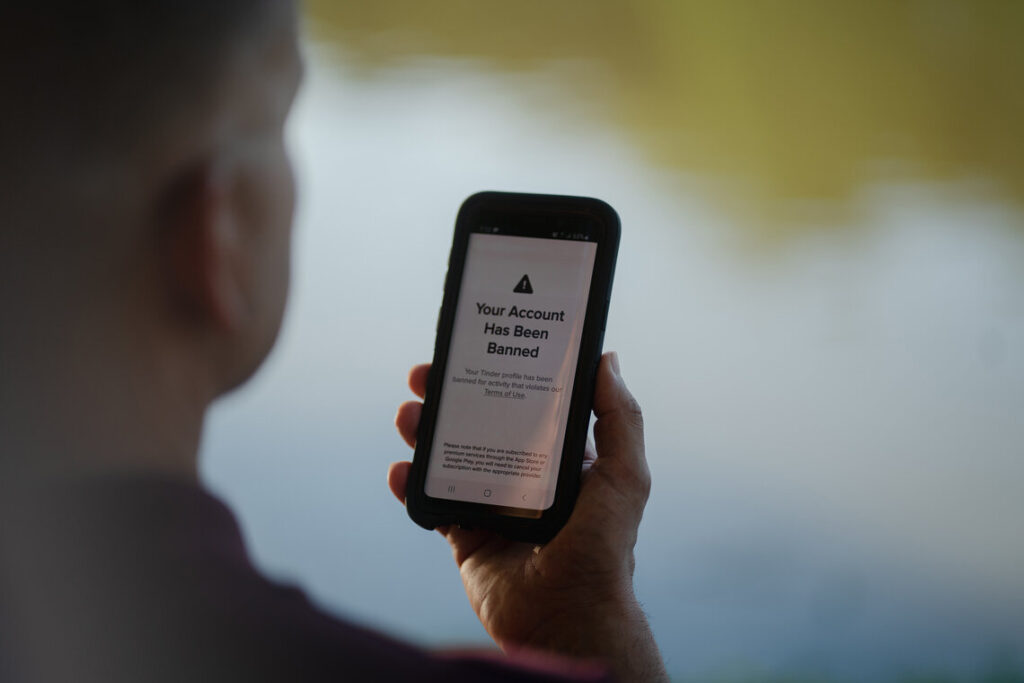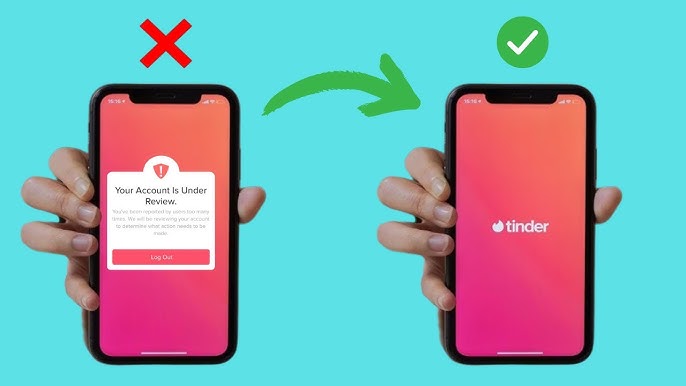Learn why Tinder accounts are banned, common reasons like violations or reports, and how to appeal and start fresh.

When Tinder banned my account, it felt like my world tilted off balance. One moment, I was swiping with excitement, hoping to spark a meaningful connection, and the next, I faced the crushing words: “Your account has been banned.” It was more than a shock—it was an emotional jolt, like an abrupt breakup I never saw coming. There were no warnings, no second chances, just the cold void of unanswered questions. Why me? Tinder’s strict rules are designed to foster trust and safety within its community, but navigating a ban can feel bewildering and deeply frustrating. If you’re grappling with the same heartbreak, let’s uncover the reasons behind these bans and what you can do to take back control.
Tinder’s Community Guidelines are the cornerstone of its safe and respectful space. These rules aren’t just there to be read—they shape the core experience of online dating. As I reflected on my ban, I couldn’t help but ask myself: Did I unknowingly cross a line? Could something I said have been perceived as offensive? Was one of my photos flagged as inappropriate? Even innocent actions can spiral into misunderstandings, especially in the high-speed, emotionally charged world of dating apps. Tinder enforces a zero-tolerance policy, where even one valid report could lead to immediate consequences, leaving no room for explanations.
Tinder is meant to create authentic connections, not serve as a tool for self-promotion, spamming, or advertising. Misusing the app—whether accidentally or deliberately—violates Tinder’s Terms of Use. As I tried to unravel the reason behind my ban, I questioned myself: Did I unknowingly share a link that was flagged as spam? Did my conversations drift into unintended territory? Even a small misstep, like promoting a product or veering off Tinder’s primary purpose, can lead to a swift and sometimes permanent ban. The suddenness of it left me feeling powerless and stunned.
One of the harshest realities about dating apps is the power of reports from other users. While Tinder’s reporting system is designed to protect its community, not all reports come from a place of fairness. Sometimes they’re fueled by misunderstandings, misinterpretations, or even malice. I couldn’t help but wonder: Did I accidentally offend someone? Did a playful remark come across as insincere? Tinder doesn’t share the specifics of reports, leaving banned users like me stranded in the dark. While the system prioritizes safety, it also makes bans feel abrupt and isolating, leaving users like us with more questions than answers.

After moving past my initial frustration, I took action. I reached out to the Tinder Help Center and submitted an appeal. I wrote a clear, honest explanation of my situation and asked for clarification. While Tinder doesn’t always reverse bans, they do investigate appeals. If the ban was an error or if you demonstrate personal growth, you might regain access. For me, sending that appeal felt like reclaiming some control over the situation.

Getting banned from Tinder was a wake-up call. It forced me to rethink how I interact online and reminded me of the importance of clear, respectful communication. While waiting for a response, I turned to alternatives like Bumble and Hinge to keep meeting new people. If you’ve been banned, don’t let it define your dating journey. See it as a chance to learn, improve, and build stronger, more authentic connections—on Tinder or wherever you go next.